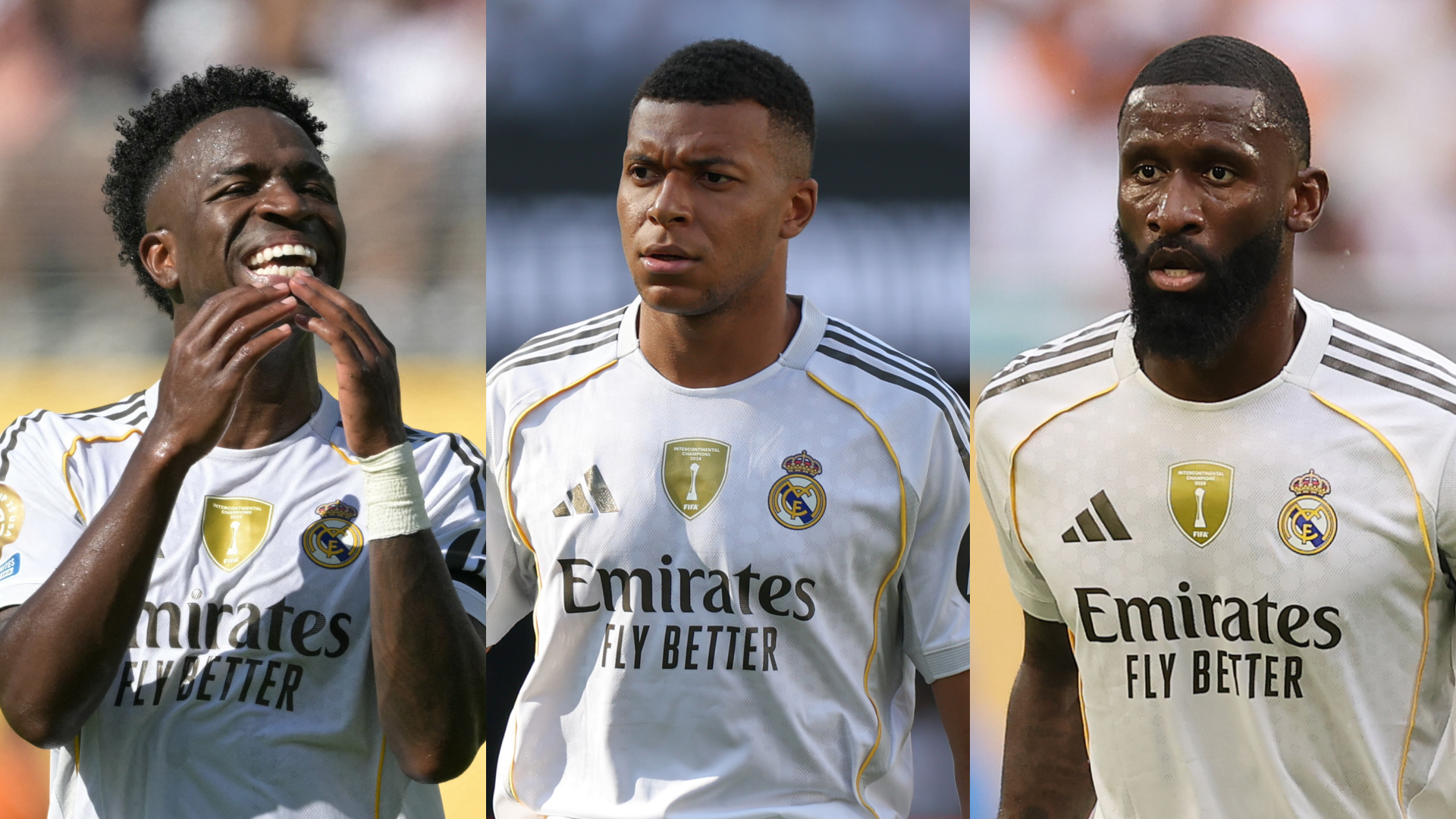UEFA fines hit Mbappe, Rudiger and Ceballos
UEFA fines dominated the post-match narrative after Real Madrid’s dramatic Champions League victory over city rivals Atletico Madrid, and the governing body has now confirmed a trio of punishments that underline its zero-tolerance stance on post-game misconduct.
UEFA fines explained: what Mbappe, Rudiger and Ceballos did
Kylian Mbappe has been docked €30,000 for gesturing toward the visiting supporters at the Santiago Bernabéu. Television cameras caught the French forward cupping his ear and shouting in the direction of the away sector, an action UEFA’s disciplinary panel labelled “provocative”.
Antonio Rudiger, never shy of confrontation, must pay €40,000 after he marched toward the fourth official to protest a series of late challenges, waving an imaginary card in the air. The centre-back’s behaviour was deemed aggressive and “contrary to the spirit of the game”.
Dani Ceballos completes the sanctioned trio. The midfielder will forfeit €20,000 for sarcastically applauding the match officials during the medal presentation. All three players also receive suspended one-match European bans, a warning that any similar offence before the end of next season will trigger an automatic suspension.
Vinicius Jr avoids UEFA fines but not scrutiny
Perhaps the headline surprise is that Vinicius Jr, who mimed a crying gesture toward Atletico fans while celebrating on the pitch, escapes both fine and ban. UEFA’s report states that “insufficient evidence” linked the action to the visiting support, although critics argue the Brazilian’s growing rap sheet should have invited censure. The ruling creates an intriguing precedent and raises questions about consistency.
Inside UEFA’s disciplinary process
The Control, Ethics and Disciplinary Body reviews referee notes, video footage and official delegate reports. Clubs may submit written defences, yet Real Madrid acknowledged the conduct of their players and promised “internal reminders” about behavioural standards. The panel balanced that admission with the heated derby context, issuing monetary penalties rather than immediate suspensions.
Financial impact versus sporting risk
For a club of Madrid’s stature, a combined €90,000 is negligible, but the suspended bans carry weight. Carlo Ancelotti will not want his attacking talisman, defensive leader or midfield metronome missing a potential quarter-final because of touchline outbursts. Expect stricter dressing-room rules, especially with the FIFA Club World Cup looming and La Liga entering its decisive stretch.
How the Atletico camp reacted to the UEFA fines
Diego Simeone publicly welcomed the decision, praising UEFA for “protecting the values of the game”. Privately, Atletico officials had pushed for harsher measures, particularly against Mbappe, whose celebration was branded “deliberately inflammatory”. They submitted an eight-page dossier of still images and timing sequences, hoping to convince regulators that the forward’s gesture incited the flare-throwing that briefly halted play. In the end, the governing body drew a distinction between provocation and direct crowd engagement.
Historical context: derby discipline
Madrid derbies frequently flirt with the disciplinary ledger. From Pepe’s stamp on Arda Turan in 2012 to Sergio Ramos’ tunnel scuffles, meeting days are thick with flashpoints. This latest raft of UEFA fines fits that lineage, but the suspended bans add a new layer of jeopardy that could temper future hostilities—at least on paper.
Player perspectives
Mbappe accepted his penalty via social media, writing, “Emotions run high. I’ll pay the fine and move on, Hala Madrid.” Rudiger was less conciliatory, posting a cryptic emoji and promising to “keep defending my team-mates.” Ceballos struck a humble tone, thanking fans for support and pledging to “channel passion the right way.”
Primary focus keyword in context: why UEFA fines matter to supporters
Beyond the headlines, UEFA fines act as public statements about the organisation’s expectations. They strive to deter unsporting behaviour, reassure sponsors and signal to match officials that their authority will be upheld. For supporters, the punishments spark debate: are they a fair deterrent or merely symbolic? The answer often depends on club allegiance, yet most agree that clarity and consistency remain paramount.
Potential ripple effects on Real Madrid’s season
1. Squad rotation: Ancelotti may proactively rest the censured players in less critical fixtures, reducing the risk of triggering the suspended bans.
2. Tactical discipline: Expect coaching staff to emphasise calmer goal celebrations and post-whistle restraint.
3. Media scrutiny: Every gesture by Mbappe, Rudiger or Ceballos will now be analysed in forensic detail, amplifying pressure.
Comparing UEFA fines to domestic sanctions
La Liga’s disciplinary committee can impose separate penalties, yet sources indicate no additional action is forthcoming. Contrasts with the Premier League, where monetary fines can reach six figures, highlight UEFA’s attempt to standardise behaviour across borders without crippling club finances.
Opinion: UEFA got the balance right, but vigilance is key
While hardened rival supporters may clamour for suspensions, the measured approach feels appropriate. Financial hits signal accountability, and the Sword of Damocles—those suspended bans—should curb repeat offences. However, UEFA must apply identical rigor in future cases, or risk accusations of bias. Consistency breeds credibility; without it, even well-intentioned sanctions become fodder for conspiracy theories.
Author’s take: In high-stakes derbies, adrenaline almost guarantees flashpoints. These UEFA fines should serve as a cooling agent, reminding elite professionals that the world is watching long after the final whistle. If Madrid’s stars absorb that lesson, both they and the spectacle of the Champions League will benefit.
Your global gateway to nonstop football coverage:
News Goal
Share this content:

